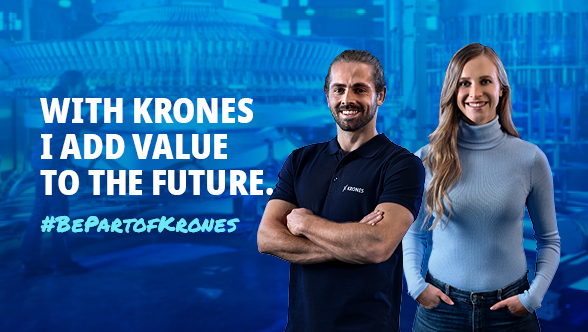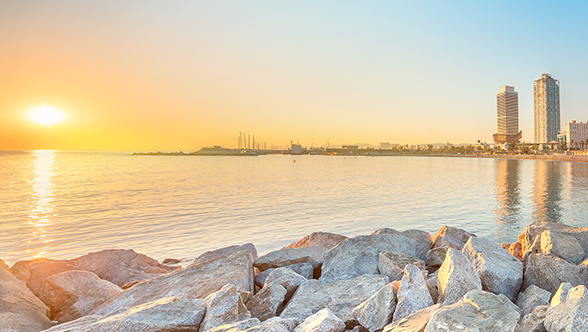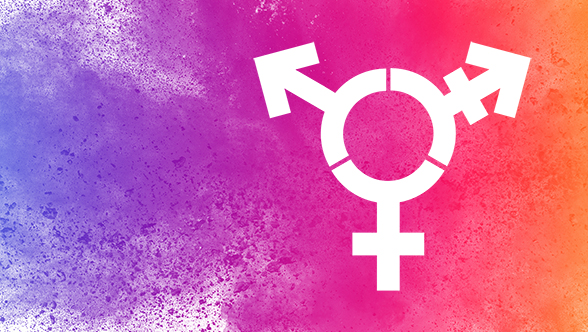Doesn’t this also set up a conflict for our international business? After all, the values that you are talking about here are not held to the same extent everywhere.
The answer to that has a number of dimensions, which we on the Executive Board constantly think about in every facet.
The very first things we ask ourselves is: What country does the order come from? And who is actually behind the particular company? We need to know this in order to assess whether there is any state involvement at work – although this is only the case for a tiny fraction of our customers. What we also have to bear in mind in this regard is whether there are any sanctions in place for the particular country that we need to comply with, or other legal factors that have a restrictive effect.
Alongside this holistic view, of course, the Krones target picture also plays an important role. As you know, in it we have undertaken to make a significant contribution to feeding the world's population. Our solutions are in use in more than 150 countries, making us part and parcel of a value chain that supplies millions of people with food and beverages every day. At the same time, though, we shouldn't forget that it is precisely those of our customers who are active in regions with weaker economies and poor infrastructure who play an essential role for the basic provision of the local population, not only because they produce the necessities of day-to-day life, but also because in doing so they are generating jobs. In terms of our overall vision, then, that means the more markets and countries we reach with our solutions, the better. Nevertheless, some other factors also flow into the decision on where and to whom we supply our products.
And they probably impose further constraints, don’t they?
Yes, and sometimes considerably so, as I stated earlier. First and foremost, we should mention provisions of foreign or security policies. If individual countries or regions are subject to international economic sanctions or even embargoes, we naturally abide strictly by the applicable measures. However, there are also other legal regulations that it is absolutely essential to observe. Among these is the German supply chain act, which obligates us to comply with human rights and environmental standards – right along the entire value chain. What’s more, from our point of view the specifications mentioned above are just minimum requirements. That's because some of our Group's own compliance regulations extend far beyond what is required by law.













